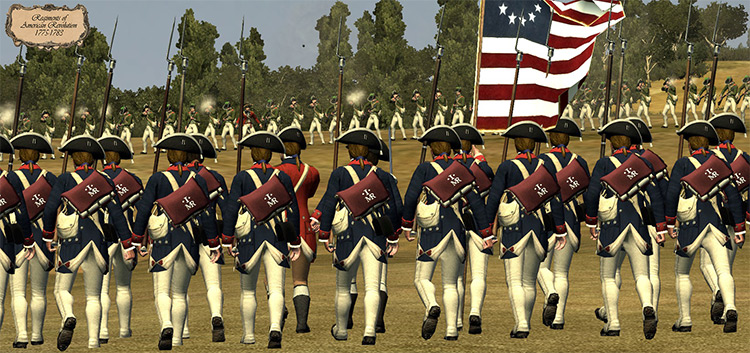
Dąbrowski, who was the choice of many Polish veterans of the Polish Legions and of the Insurrection, as well as Zajączek were bypassed, even though they both had served under Napoleon when Poniatowski was inactive. It took protracted negotiations with Murat (they liked each other and quickly became friends) and persuasion by Józef Wybicki (who urged the Prince to get on board, before the window of historic opportunity closes), but before the year was over Poniatowski was declared by Murat to be "chief of the military force" and was leading the military department on behalf of the French authorities. All of this turned out to be a short-lived Polish provisional authority, because quick succession of events on the European scene presented the Poles with new opportunities and forced upon them new choices.Īt the end of that year Joachim Murat and his forces entered Warsaw and Poniatowski had to define his role within this new political reality. He died in Lipsk, while covering retireing Napoleons army.įollowing Napoleon Bonaparte's victory at the Battle of Jena and the ensuing evacuation by Prussia of her Polish provinces, in November 1806 Poniatowski was asked by the Prussian king Frederick William III to assume the governorship of Warsaw, to which he agreed he also assumed the command of the city's municipal guard and citizen militia forces organized by local residents. 30 000 Austrians), later he was also commanding Poles in 1812 and later in 1813. Under Raszyn in 1809 he won with two times strongers Austrians (15 000 Poles vs. After 1812 Napoleon wanted to make him king of Poland. He was the only not French marshall durring all Empire.
THE AMERICAN REVOLUTION NAPOLEON TOTAL WAR MODS FREE
Instead, many observers came to believe that favourable circumstances would free Poland from foreign domination. This conviction was simply expressed in a fighting slogan of the time, "for your freedom and ours." Moreover, the appearance of the Duchy of Warsaw so soon after the partitions proved that the seemingly final historical death sentence delivered in 1795 was not necessarily the end of the Polish nation-state.

Much of the legend and symbolism of modern Polish patriotism derives from this period, including the conviction that Polish independence is a necessary element of a just and legitimate European order.

In the subsequent peace settlement of the Congress of Vienna, the victorious Austrians and Prussians swept away the Duchy of Warsaw and reconfirmed most of the terms of the final partition of Poland.Īlthough brief, the Napoleonic period occupies an important place in Polish history.

The Russian army occupied the duchy as it chased Napoleon out of Russia in 1813, however, and Polish expectations ended with the final defeat of Napoleon at Waterloo in 1815. In 1809, under Jozef Poniatowski, nephew of Stanislaw II August, the duchy reclaimed some of the territories taken by Austria in the third partition. Basically a French puppet, the duchy did enjoy some degree of self-government, and many Poles believed that further Napoleonic victories would bring restoration of the entire commonwealth. Volunteer Polish legions attached themselves to Bonaparte's armies, hoping that in return the emperor would allow an independent Poland to reappear out of his conquests.Īlthough Napoleon promised more than he ever intended to deliver to the Polish cause, in 1807 he created a Duchy of Warsaw from Prussian territory that had been part of old Poland and was still inhabited by Poles.

An alliance of convenience was the natural result of this situation. Napoleon's attempts to build and expand his empire kept Europe at war for the next decade and brought him into conflict with the same east European powers that had beleaguered Poland in the last decades of the previous century. Most immediately, Napoleon Bonaparte had established a new empire in France in 1804 following that country's revolution. Poland's location on the Northern European Lowlands became especially important in a period when its expansionist neighbors, the Kingdom of Prussia and Tsarist Russia, were intensely involved in European rivalries and alliances and modern nation-states took form over the entire continent.Īt the turn of the 19th century, Europe had begun to feel the impact of momentous political and intellectual movements that, among their other effects, would keep the "Polish Question" on the agenda of international issues needing resolution. Nevertheless, hopes for restoration of Polish independence were kept alive throughout the nineteenth century by events within and without the Polish lands. In 1795, the Third and the last of three military partitions of Poland ended the existence of the Polish-Lithuanian Commonwealth.


 0 kommentar(er)
0 kommentar(er)
